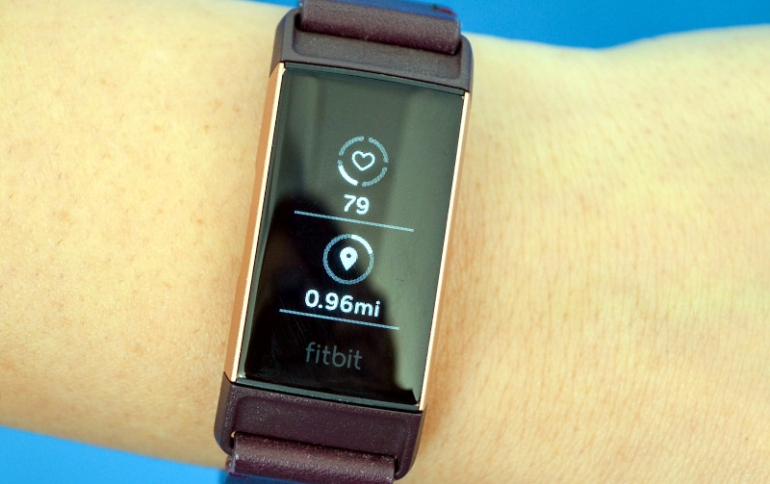
Consumer Group Concerned About Google-Fitbit Deal
The European Comsumer Organization BEUC says that Google’s takeover of fitness tracker Fitbit could be “a game-changer” for health data that will need close European Union scrutiny.
BEUC is concerned that Google’s proposed acquisition of Fitbit may be "detrimental to consumers as a result of its impact on competition in a number of markets."
BEUC, which represents consumer associations across Europe, said:
"We have seen in the past how strategic mergers in digital markets have led to unprecedented market power for a handful of tech giants, who have expanded thispower into ever growing areas of consumers’ lives in particular through the amassing of gigantic volumes of data and data analytics capacity. If Google acquires consumers’ data generated by the use of Fitbit wearables, including now COVID-19 related data, it would be able to use that data for itsown benefit and could undermine the ability of other companies to bring new products to consumers. This could harm innovation and consumer choice in several markets such as online advertising, search, health and wearables. The proposed merger therefore has the potential to touch not only digital markets but also a vital part of all European citizens’ lives, their health and well-being."
BEUC says that acquiring Fitbit, with its smartwatch functionalities, apps, exceptionally valuable health and location datasets and data collection capability, would be likely to further strengthen Google’s dominance in online advertising, search and other digital markets and place it in an unassailable position in digital health and wearables markets.
BEUC requests the European Commission to consider the impact on competition and innovation of Google acquiring Fitbit’s data and data collection capabilities across all relevant horizontal and non-horizontal markets, given Google’s already unparalleled market power across several digital markets;
The organization also asks EC to consider whether the acquisition will result in less consumer choice (including degrading data privacy options).
Google’s plan to buy Fitbit is running into a wall of antitrust and privacy concerns in the U.S., Europe and Australia, where competition officials are increasingly wary of how internet giants can exert control over data. The deal advances the plans of Google parent Alphabet Inc. to expand in the health-care sector by adding data from Fitbit’s more than 28 million users.
Google has previously said it plans “to work constructively with regulators to answer their questions” about the deal and won’t sell personal information to anyone.
“Fitbit health and wellness data will not be used for Google ads. And we will give Fitbit users the choice to review, move, or delete their data,” the company said.




















